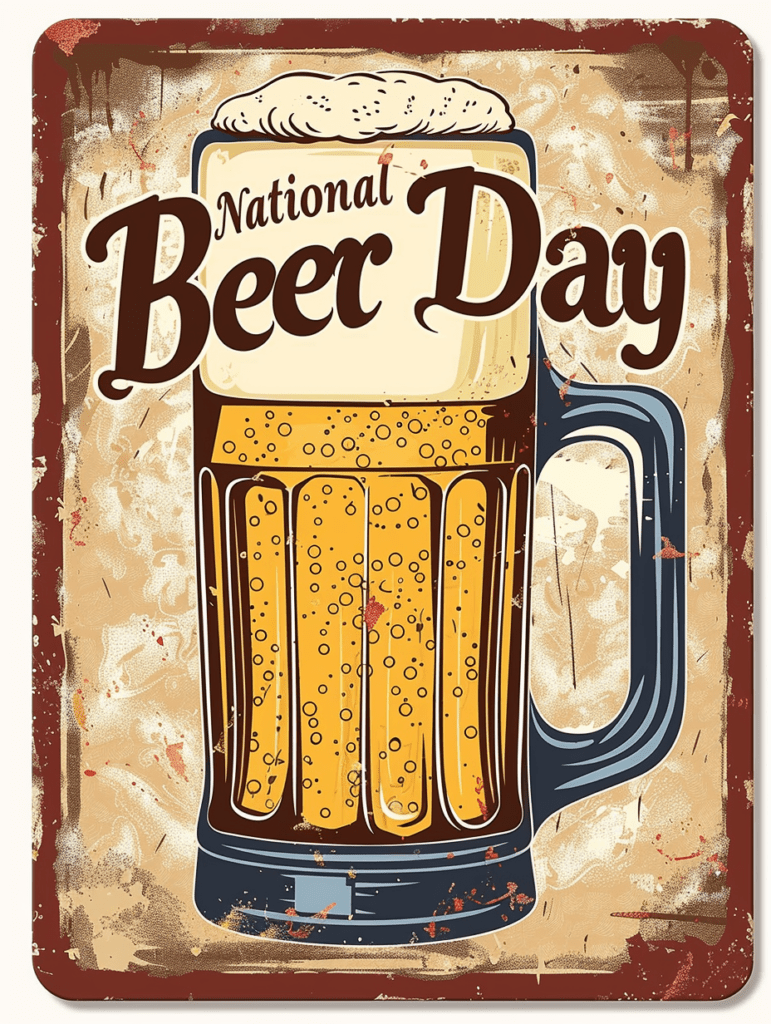On This Day, April 7, 1933, a day enthusiastically dubbed “National Beer Day,” the sale of low-alcohol beer was officially legalized across the United States after President Franklin D. Roosevelt signed the Cullen-Harrison Act into law. This Act marked an early step towards the full repeal of nationwide Prohibition later that year.
As the clock struck midnight on April 7th, breweries reopened for business and began delivering their first legal beer shipments in over 13 years to enthusiastic patrons across the country. From coast-to-coast, thirsty Americans formed long lines and crowds spilled into streets to celebrate the return of beer.
In Washington D.C., the city’s most prominent brewmasters ceremoniously re-enacted beer-making by loading a truck with cases of brew at the historic Christian Heurich Brewery. Similar festive scenes unfolded in Milwaukee, St. Louis, and other former brewing hubs.
The revival of the beer industry provided an economic boost during the Great Depression era, stimulating businesses like trucking and manufacturing. An estimated 40,000 workers found employment again in breweries alone after April 7th, marking the beginning of Prohibition’s repudiation.
